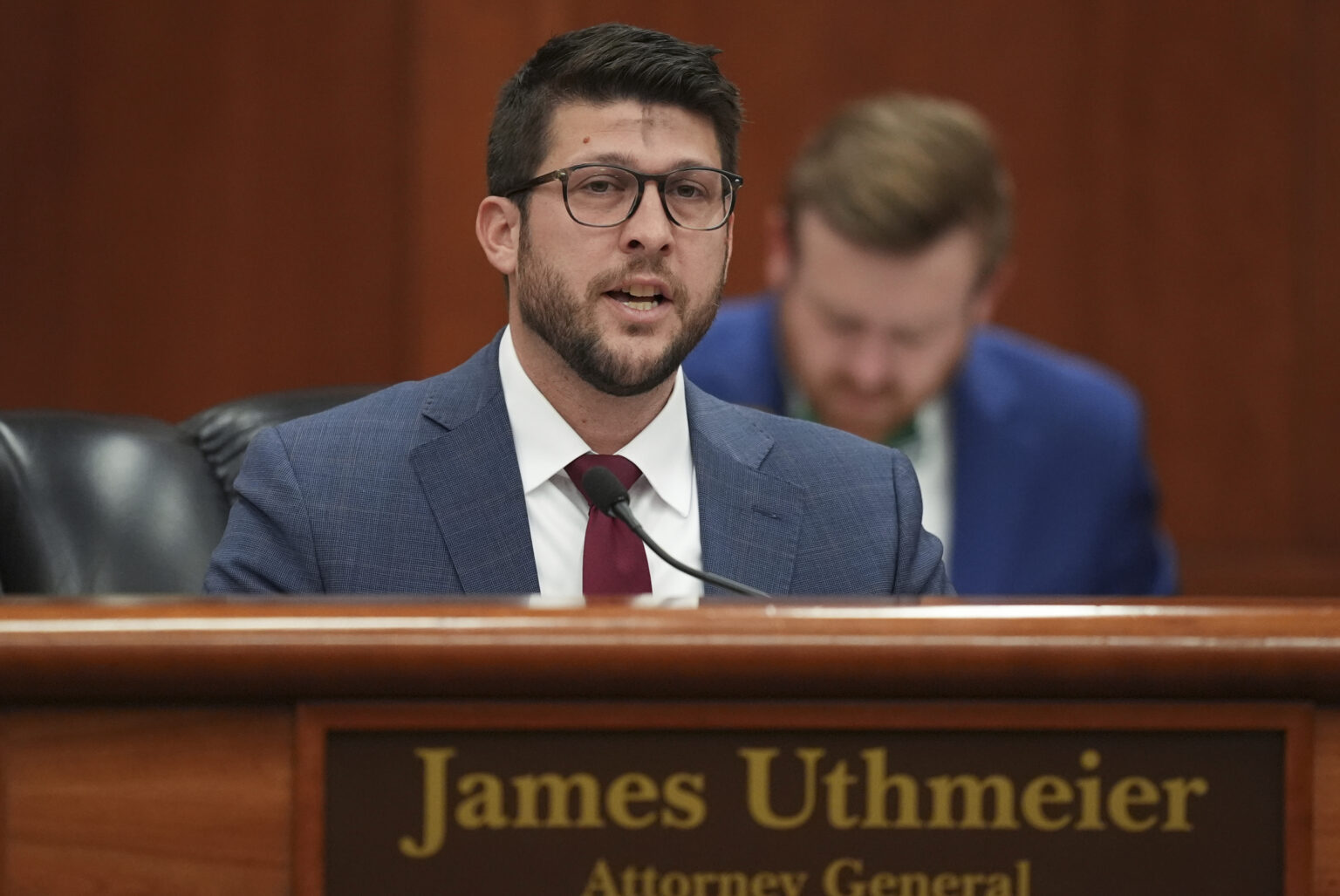Supreme Court Temporarily Blocks Florida’s Controversial Immigration Law
On Wednesday, the Supreme Court issued a preliminary ruling preventing Florida officials from implementing a contentious state law aimed at penalizing undocumented immigrants for entering the state. This decision halts enforcement while legal challenges regarding the constitutionality of the law proceed through lower courts.
Legal Challenges and Federal-State Immigration Authority
The case, initiated by immigrant advocacy organizations, questions whether individual states possess the authority to regulate immigration independently of federal oversight. The law in question, signed into law by Governor Ron DeSantis (R) in February, is argued to infringe upon the federal government’s constitutional power to manage immigration enforcement. Critics contend that the law attempts to supersede federal authority, creating a legal conflict over jurisdiction.
In recent years, at least seven states-including Texas, Oklahoma, and Iowa-have enacted similar legislation motivated by concerns over illegal border crossings, drug trafficking, and human smuggling. However, courts have blocked four of these laws, including Florida’s, citing their interference with federal immigration enforcement. Several other laws remain pending or are yet to be enforced.
Supreme Court’s Interim Ruling and Its Implications
The Supreme Court’s brief order explicitly prevents Florida from enforcing the law during ongoing litigation. As is customary with emergency rulings, the justices did not provide detailed reasoning or disclose how they voted. This temporary measure underscores the ongoing legal debate over states’ rights versus federal authority in immigration matters.
Florida’s Aggressive Immigration Policies
Florida’s Republican leadership has been notably proactive in aligning with the Trump administration’s stringent immigration policies. In April, state law enforcement collaborated with federal agents to arrest over 1,100 migrants within a single week during a broad immigration crackdown. Additionally, in June, the state established a temporary detention facility in the Everglades-dubbed “Alligator Alcatraz”-designed to hold up to 3,000 undocumented individuals. A comprehensive plan unveiled in May proposes constructing multiple detention centers with a combined capacity to detain up to 10,000 migrants.
Legal Battles and Court Rulings
In April, U.S. District Judge Kathleen M. Williams halted enforcement of Florida’s entry law, which criminalizes unauthorized entry into the state with mandatory minimum sentences. The judge expressed concerns that the law likely violates constitutional provisions and encroaches on federal jurisdiction over immigration. The 11th Circuit Court of Appeals declined to stay her order, emphasizing that federal agencies already coordinate with state law enforcement on immigration enforcement efforts.
The law, known as Senate Bill 4-C, mandates law enforcement to notify federal Immigration and Customs Enforcement (ICE) of arrests made by local authorities. It lacks exceptions for individuals seeking humanitarian protection or those with pending lawful immigration applications. Florida’s Attorney General, James Uthmeier, argued that the law aligns closely with federal immigration statutes and that lower courts lack authority to restrict all state enforcement actions.
Uthmeier emphasized the ongoing harm caused by illegal immigration and urged the Supreme Court to intervene, asserting that without such intervention, Florida would be unable to effectively address these issues during the legal process.
Legal and Civil Rights Concerns
Advocacy groups-including the Farmworker Association of Florida and the Florida Immigrant Coalition-along with individual plaintiffs, filed suit to block the law’s enforcement. Reports indicate that in April, a U.S. citizen was detained for over 24 hours under the law, raising concerns about civil liberties and due process.
Representatives from the American Civil Liberties Union (ACLU) argued that the Supreme Court should not intervene at this stage, citing Florida’s existing cooperation with federal immigration efforts. They contended that the state’s attempt to enforce its own immigration policies outside federal oversight undermines the broader national framework established by Congress, which grants federal authorities broad discretion in managing immigration issues.
Historical Context and Recent Supreme Court Decisions
Last year, the Supreme Court’s conservative majority permitted a similar Texas law to take effect temporarily during ongoing litigation, though enforcement was swiftly blocked by the Fifth Circuit Court of Appeals. Additionally, earlier this year, the Court allowed the Biden administration to remove razor wire installed by Texas along the border, pending legal review of the state’s authority to erect such barriers.
Legal Proceedings and Statements from Florida Officials
Following the initial ruling, Florida’s Attorney General Uthmeier was found in civil contempt for violating a court order after asserting that law enforcement agencies could continue enforcing the law. Uthmeier publicly defended his stance on social media, stating, “If being held in contempt is what it costs to defend the rule of law and support President Trump’s immigration agenda, so be it.”
The appellate court noted that while the attorney general’s interpretation of the court’s order might be valid, his public statements appeared to threaten non-compliance, which the court found inappropriate. The panel emphasized that such remarks could undermine judicial authority and the rule of law.
Looking Ahead: The Future of Immigration Enforcement in Florida
The legal battle over Florida’s immigration law exemplifies the ongoing tension between state sovereignty and federal authority. As litigation continues, the Supreme Court’s temporary halt reflects the complex legal landscape surrounding immigration enforcement and the constitutional limits of state power. The outcome of this case could have significant implications for how states can participate in immigration regulation and enforcement in the future.

